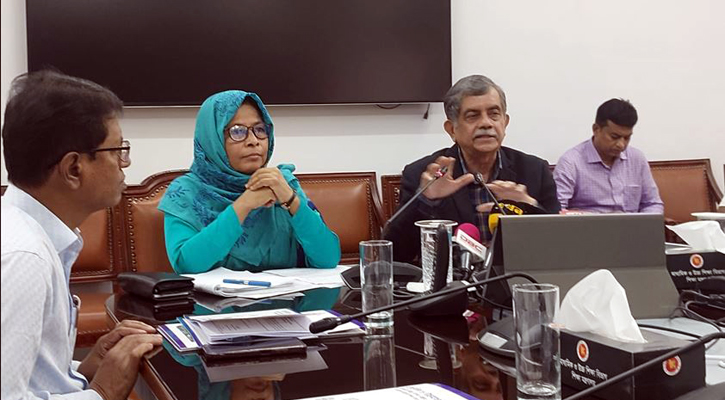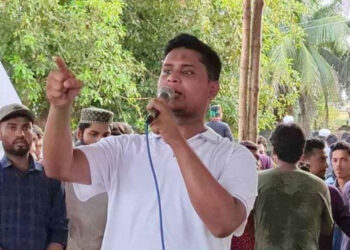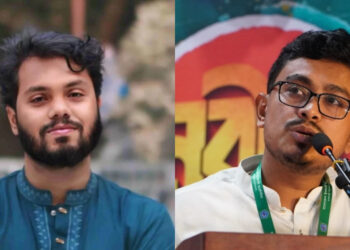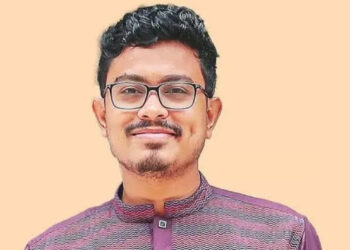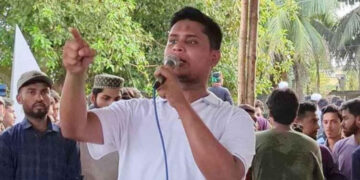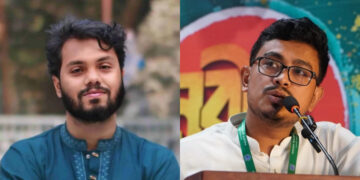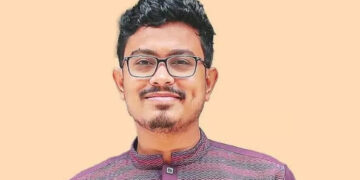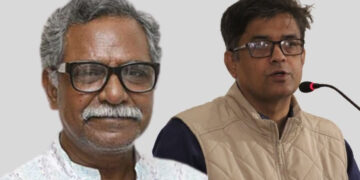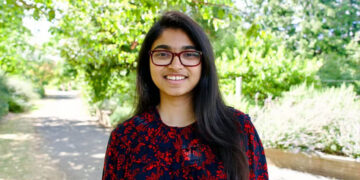Highlights
- Education Adviser Prof. Dr. Chowdhury Rafiqul Abrar said fairness, not inflated scores, guided this year’s HSC evaluation.
- The national pass rate dropped sharply to 58.83%, nearly 19% lower than last year.
- He emphasized the need for honest assessment and long-term reform in Bangladesh’s education culture.
- Random audits and improved examiner training to be introduced for future exams.
Fair Marks Over Flattering Numbers
Education Adviser Professor Dr. Chowdhury Rafiqul Abrar stated that this year’s evaluation aimed for honesty rather than artificial satisfaction.
“অতিরিক্ত নম্বর দিয়ে সন্তুষ্টি নয়, ন্যায্য নম্বর দিয়ে সততাকে বেছে নিয়েছি”
Translation: “We chose honesty with fair marks, not satisfaction through extra marks.”
He made the remark on Thursday (October 16) during a press briefing at the Education Ministry in Dhaka Secretariat regarding the HSC and equivalent exam results. Secondary and Higher Education Division Secretary Rehana Parveen was also present.
Sharp Decline in Pass Rate and GPA-5
This year, the combined pass rate for the nine general education boards, madrasa, and technical boards stood at 58.83%—a sharp decline of 18.95% from last year.
Dr. Abrar said the ministry decided to uphold transparency, even if it made the results look less impressive.
“আমরা ‘অতিরিক্ত নম্বর দিয়ে সন্তুষ্টি’ নয়, বরং ‘ন্যায্য নম্বর দিয়ে সততা’কে বেছে নিয়েছি।”
Translation: “We did not go for inflated marks to satisfy anyone, but chose honesty through fair evaluation.”
He added that acknowledging reality is vital, as denying it would be unfair to talented students and the next generation.
The Root Cause: Learning Gaps from Early Education
Addressing concerns over the low results, Dr. Abrar explained that the problem did not start at the higher secondary level—it began much earlier.
“বাংলাদেশে শেখার সংকট শুরু হয় খুব শুরুর দিকেই… আমরা এমন এক সংস্কৃতি গড়ে তুলেছি যেখানে সংখ্যাই সত্য হয়ে উঠেছিল।”
Translation: “The learning crisis in Bangladesh starts at the very beginning… We built a culture where numbers became the ultimate truth.”
He said that for years, Bangladesh measured success through pass rates and GPA-5s, which masked the actual learning crisis among students.
“Grow smarter, not harder — ঝামেলামুক্ত অনলাইন ব্যবসার শুরু করুন Storola দিয়ে “
A Shift Toward Real Learning
Dr. Abrar emphasized the need for a new culture of truth and responsibility in the education system.
“আজ আমি সেই সংস্কৃতির পরিবর্তন চাই… যে ফলাফল শিক্ষার্থীর শেখাকে সত্যিকারের মূল্যায়ন করে, সেটিই হোক আমাদের সাফল্যের মানদণ্ড।”
Translation: “I want to change this culture… The true measure of success should be how well we assess a student’s real learning.”
He said that as an adviser, his first responsibility is to evaluate not only the students but also the system itself.
Self-Evaluation and Expert Review
The Education Ministry is now initiating a self-assessment process for every education board. Each board must prepare an independent report on their evaluation process.
“আমাদের উদ্দেশ্য, অভিযোগ নয়, সমাধান খোঁজা।”
Translation: “Our goal is not to blame, but to find solutions.”
A special panel of educationists, researchers, and policymakers will also be formed to analyze data and identify learning gaps across the country.
Read More: HSC Examinee Anisa Ahmed Arifa Fails After Viral Incident Over Mother’s Illness
Ensuring Quality Through Random Audits
To ensure fairness, the ministry will start random sample audits of exam scripts, especially those close to pass-fail margins.
“এর উদ্দেশ্য— শাস্তি নয়, শেখা; কীভাবে মান উন্নত করা যায়, তা বোঝা।”
Translation: “The goal is not punishment, but learning—understanding how to improve quality.”
Training for Teachers and Examiners
Finally, the adviser announced plans to review marking rubrics and moderation protocols so that teachers across all boards evaluate students using consistent standards.
He mentioned that refresher training programs for examiners are under active consideration.
Source: Bangla News 24
Share via:

